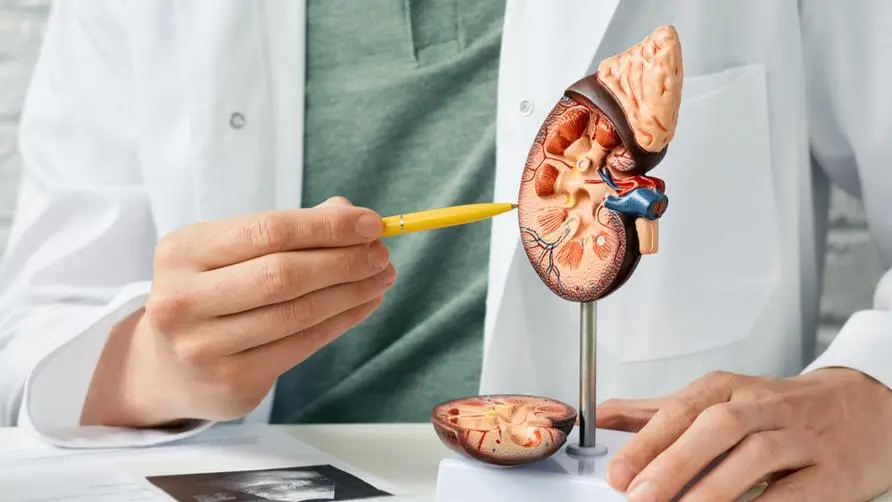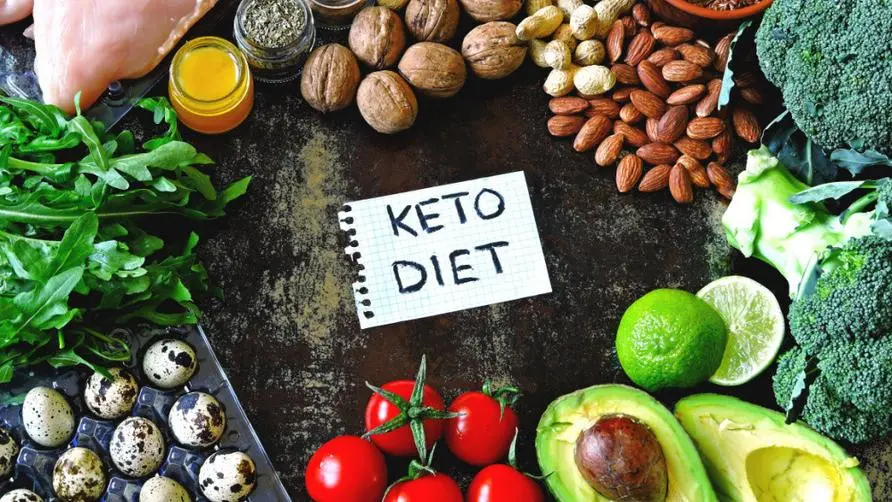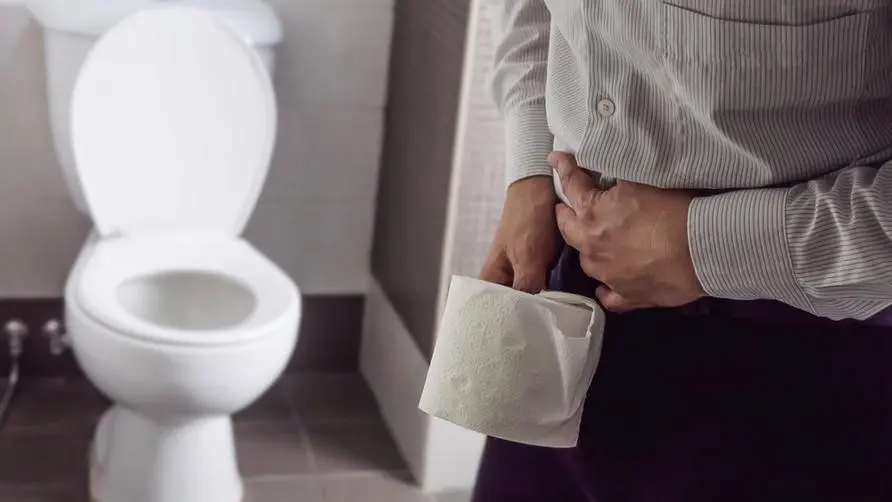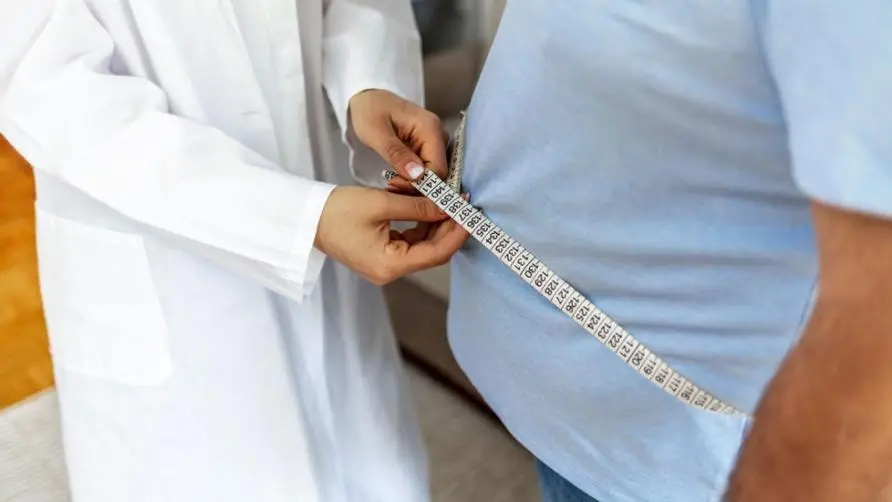Transplanting "autologous feces" not only reduces weight but also fights aging? Research: 18-35 years old are best stored
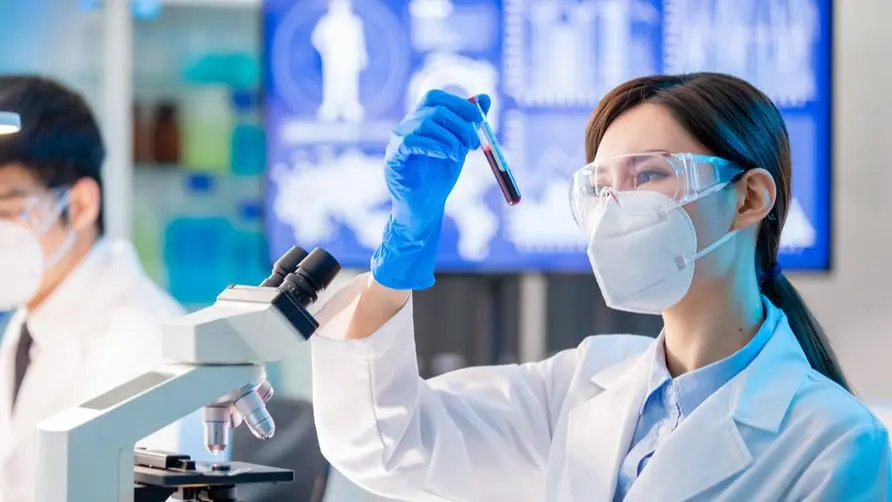
Can fecal transplants cure diseases? Research: Helps with weight loss and anti-aging
The intestinal flora is closely related to the human immune system. With the use of antibiotics and various drugs over the past century, the importance of intestinal bacteria has gradually become the focus of scientific research, and “intestinal microbial” transplantation has also been used in treatment. Clostridium difficile, irritable bowel syndrome, inflammatory bowel disease, etc. A recent study by a Harvard Medical School research team proposed that collecting your own fecal samples at a young age may be used in autologous fecal transplants (FMT) in the future and even treat various diseases.
What are the therapeutic effects of autologous fecal transplantation? The research team pointed out that in a mouse animal experiment, it was found that autologous fecal transplantation can help obese mice reduce caloric intake and increase lipolysis. Recent human studies have also evaluated the efficacy and safety of using autologous fecal transplants to reduce weight gain after weight loss. This trial found that autologous fecal transplants combined with a Mediterranean diet can significantly reduce weight regain in people who have lost weight.
The connection between intestinal bacteria and functional aging is also an aspect of concern to researchers. A study on the African Pseudomonas freundii killifish pointed out that mixed culture of intestinal bacteria from old and young people can delay behavioral aging and prolong the aging process. Life span of living things. Mouse experiments have also shown that transplanting microorganisms from the feces of young mice into aging mice can improve age-related symptoms such as brain immune function and cognitive impairment.
Is autologous fecal transplant possible? It is best to save when you are between 18 and 35 years old
The research team claimed that the concept of collecting young feces in advance for “autologous fecal transplantation” is similar to that of parents storing umbilical cord blood for their babies. Through autologous fecal transplantation, the intestinal flora can be restored to health and has the potential to develop into the treatment of autoimmune diseases (such as inflammatory bowel disease, asthma, multiple sclerosis), diabetes, obesity, and even heart disease.
The study authors said the ideal situation would be to collect feces from a relatively young and healthy period of mature individuals, preferably between the ages of 18 and 35. Middle-aged adults (36-55 years old) without chronic diseases can also consider storing their own intestinal microbiota in advance for future “unforeseen needs”, just like storing umbilical cord blood for future stem cell treatments.
Difficulty in retaining stool samples may improve chronic diseases related to dysbiosis
However, there are still many difficulties that need to be overcome to achieve autologous intestinal microbial preservation, including storage methods, storage quantities, and costs. Long-term freezing and preservation of feces requires the use of technologies such as liquid nitrogen. The best state for the preservation of feces is minus 137 degrees Celsius. As you can imagine, it is very expensive and not everyone can afford it.
In fact, the “Feces Bank” (OpenBiome) was established in Massachusetts in the United States in 2012. Later, France, the United Kingdom, China, and the Netherlands established the same institutions, but they were all used for storing allogeneic transplants and research, not for autologous feces. transplant.
The study pointed out that receiving fecal transplants from others from the sample bank has been proven to be a sustainable (currently the longest is about 6.8 years) and safe treatment, but will there be rejection between the provider and the recipient? More research data is still needed on whether it is safe for immunocompromised populations.
On the contrary, for chronic diseases related to intestinal flora imbalance, such as obesity and diabetes, autologous fecal transplantation has shown appropriate and safe therapeutic benefits, and should be carried out together with dietary adjustments, lifestyle changes, etc. to achieve the greatest improvement. effect.
source:
Rejuvenating the human gut microbiome
Further reading:
Monkeypox confirmed to be ‘family spread’! US CDC: “6 Measures” Effectively Stop the Virus

